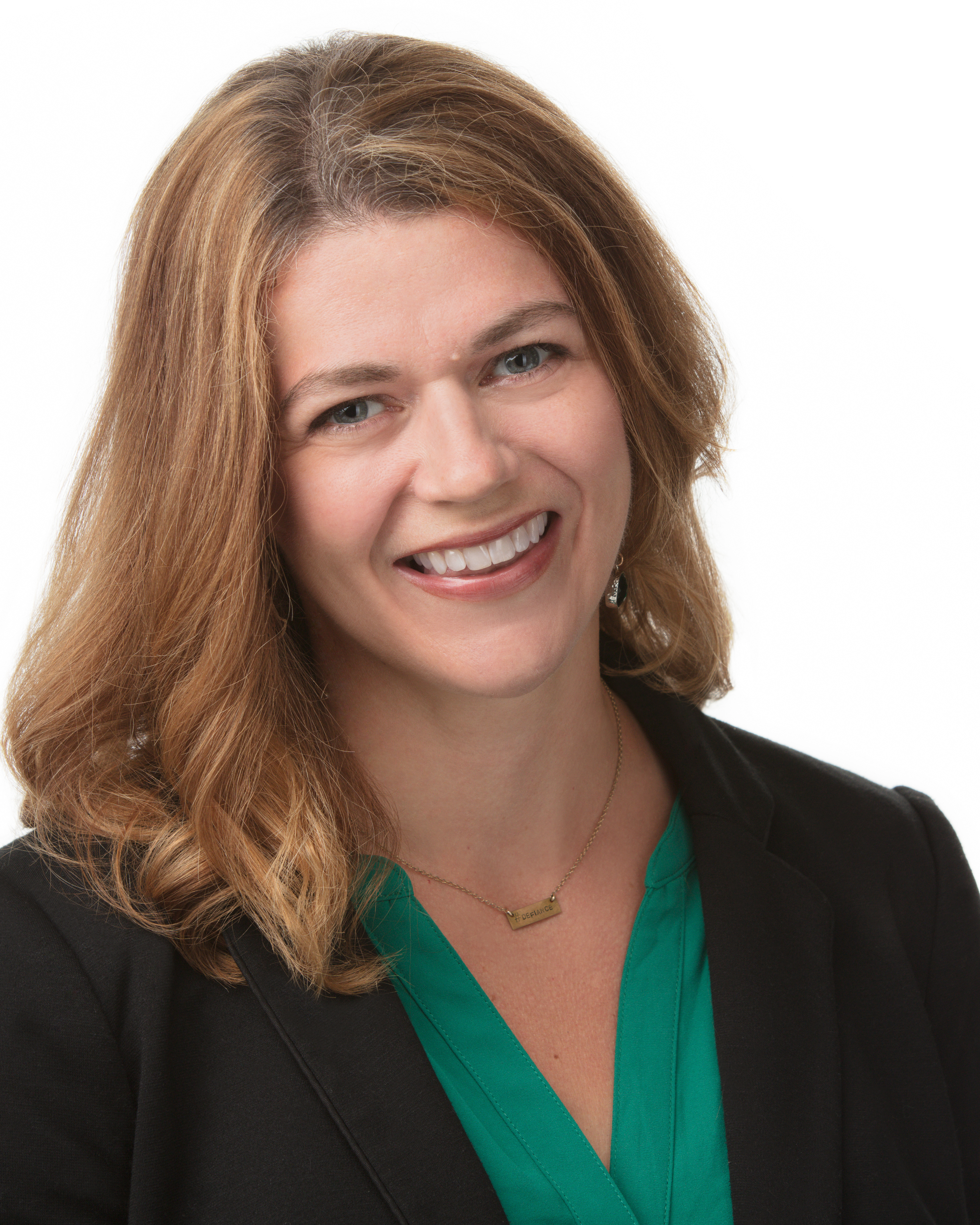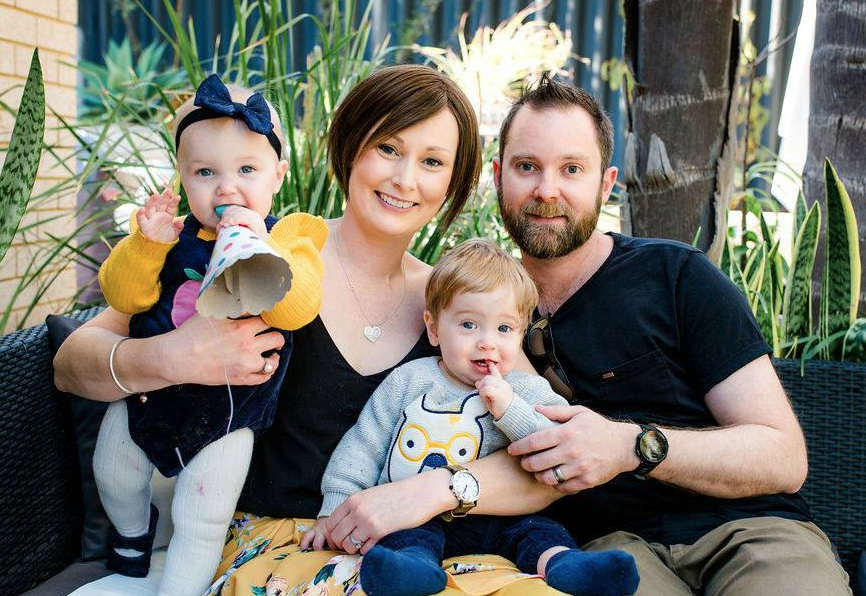Rebecca Hughes was only 31 when she received devastating news. She had Stage 3 ovarian cancer. Due to the aggressive nature of ovarian cancer and the lack of effective screening for potential recurrences, the recommended treatment protocol is a complete hysterectomy with oophorectomy (removal of the ovaries). Rebecca had always wanted to be a mother. The realization that the treatment she needed to save her life would eliminate this possibility was equally as devastating as the cancer diagnosis itself.
While dealing with this news and beginning treatment, Rebecca was referred to a fertility specialist who mentioned that she had sisters who could potentially serve as egg donors for her and her husband. For Rebecca, this was the ray of hope she needed. Rebecca and her husband, Vaughan, began looking into egg donation and surrogacy and soon approached her sister about the possibility of being an egg donor. She graciously agreed, and within 5 short months, they found a surrogate and connected to a fertility clinic to begin the process of creating their embryos.
Rebecca and Vaughan were excited about the plan to grow their family. But there was another consideration. Rebecca’s cancer was related to a BRCA1 pathogenic, or disease-causing, variant she inherited from her father. Ovarian cancer that is related to a hereditary breast and ovarian cancer (HBOC) syndrome like BRCA tends to have an earlier onset than that of the general population, likely explaining how she developed cancer at such a young age. The couple was aware that Rebecca’s sister, their egg donor, was also at 50% risk to have inherited the BRCA1 variant from their father. AND, if she had, they knew that their future children would be at 50% risk to inherit the condition too.
Rebecca and Vaughan discussed the option of preimplantation genetic testing but, based on their research, decided that the genetic testing needed to do this procedure would be cost prohibitive. Additionally, Rebecca’s sister did not want to know her BRCA1 status, and the couple believed that in order to do PGT, her gene status would have to be revealed. So, they elected to move forward without PGT. However, when they arrived at the fertility clinic, they saw a genetic counselor who shared information with them that substantially shifted their thought process about PGT.
Reevaluating their initial decision was challenging, but Rebecca said, “We really respect the genetic counselors in that they never made us feel like we had to do the PGD testing. We always felt like, no matter our decision, we would be supported.” Ultimately, Rebecca and Vaughan decided to include PGT for BRCA1 into their conception process. While this delayed the time it took to ultimately transfer embryos into their surrogate, which was stressful for everyone, Rebecca says that the decision to do PGT was really “a no brainer.” “We [now] have the peace of mind in knowing that our children will not inherit the same gene mutation that has caused me to get cancer at a very young age.”
When asked what barriers they see to PGT for hereditary conditions, Rebecca suggests that their main hurdle was incorrect or misguided information. She recommends that before making a decision, any couple who has a family history of a genetic condition talk with an expert at length to be sure they fully understand the options available for their specific situation. Rebecca and Vaughan also suggest cost could be a considerable barrier for some couples. They were surprised that the cost seemed quite reasonable considering the perceived benefit PGT could have for their family, but they acknowledge that “cost is certainly a factor to consider when deciding whether PGT suits your situation.”
Rebecca and Vaughan are now the parents to twins, Bridie and Jasper. Neither has the familial BRCA1 pathogenic variant, and while that does not eliminate the chance that they could develop cancer, it places them in the same risk category as the general population which is a significant relief to their parents. Rebecca is quick to mention that every person’s situation is different and PGT may not be the right choice for every family, but she encourages anyone with a family history of genetic conditions to at least look into the option and get the facts.
If you have questions about PGT-M and your personal or family history of cancer, please contact us

Jessica Greenwood is an independent consultant to Sharing Health Genes. As a licensed genetic counselor and digital health consultant, she works with health-related organizations looking to deliver memorable messages of health in the digital space. Mrs. Greenwood started her career in a clinical role, working for eight years as a preconception and prenatal genetic counselor before transitioning to industry. Mrs. Greenwood completed a year-long certificate program in Digital Health Communication at Tufts University that spearheaded her work in digital health. She now consults with health-related organizations, assisting with the creation and execution of a digital strategy including the development of health literate patient-centered educational materials. Mrs. Greenwood earned a Bachelor of Science degree from North Carolina State University with a minor in Genetics and a Master of Science in Genetic Counseling from the University of North Carolina at Greensboro.
